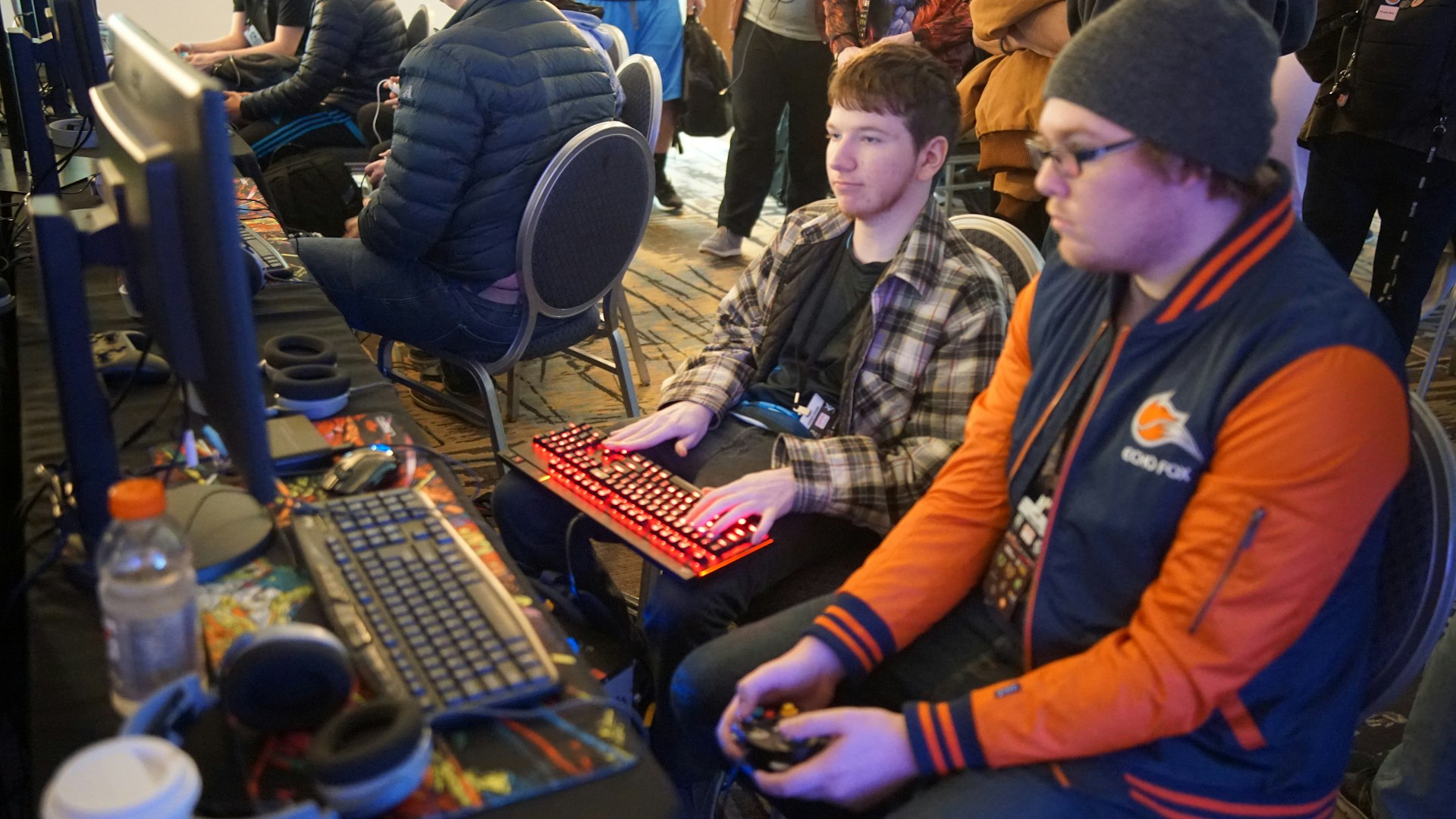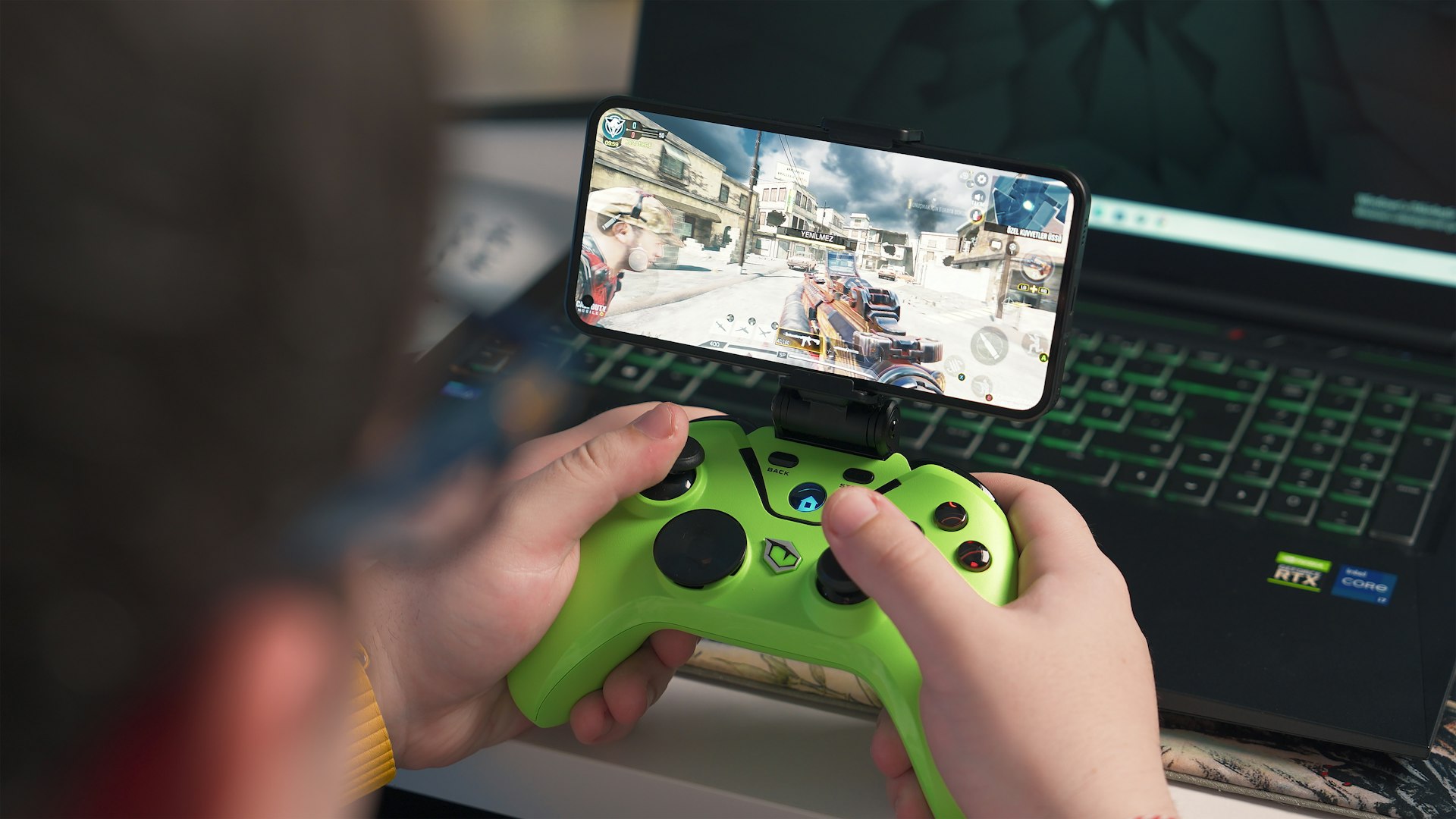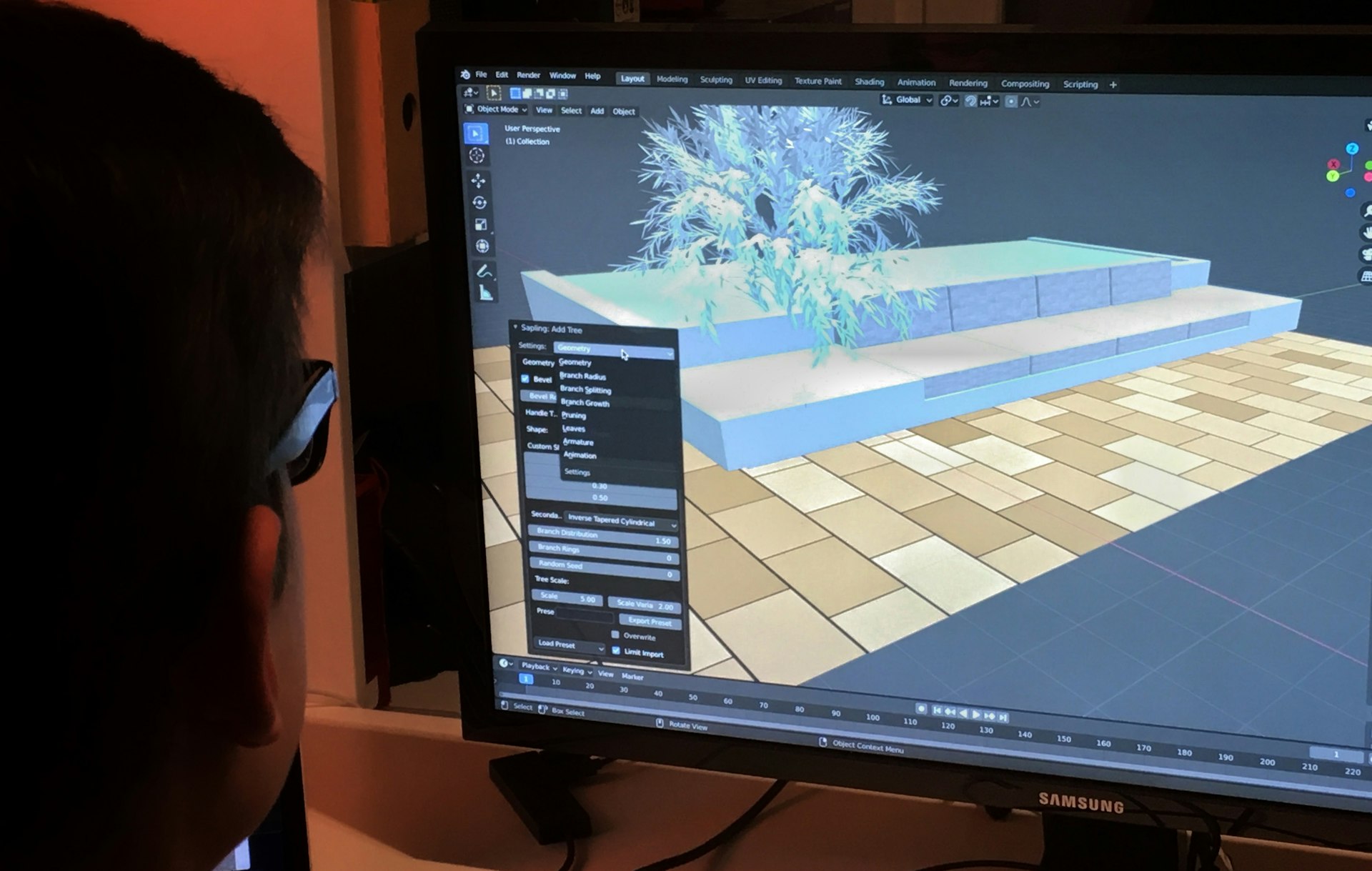Harnessing Gaming Influencers for Community Building: Actionable Strategies for Brands and Developers

Photo by Alex Haney on Unsplash
Introduction: The Power of Gaming Influencers in Community Building
Gaming influencers have become central figures in building vibrant, loyal communities around games and gaming brands. Their ability to engage audiences authentically, foster interaction, and amplify brand messaging can drive meaningful growth and sustain active participation. This article explores how brands, developers, and marketers can leverage gaming influencers and implement robust community-building strategies to achieve sustained engagement and advocacy.
Understanding Gaming Influencers: Authenticity and Impact
Gaming influencers command trust and credibility within their communities, making them ideal partners for brands seeking to reach dedicated audiences. Successful collaborations rely on authenticity-choosing influencers whose genuine passion and style align with the product or game, not just audience size [3] . For example, apparel and tech brands often collaborate with esports teams or streamers over multiple seasons, integrating their products organically into the gamer’s lifestyle [5] .
Authentic partnerships generate relatable and engaging content, driving higher levels of community interaction and brand loyalty. Brands should prioritize long-term, collaborative relationships over one-off sponsorships, as this approach embeds the brand within the influencer’s ongoing story and the community’s daily interactions.
Step-by-Step Guide: Building a Strong Gaming Community
1. Identify the Right Social Platforms
Start by researching where your target audience spends their time: Twitch, Discord, Twitter, YouTube, and Reddit are common choices. Each platform offers unique opportunities for real-time engagement, content sharing, and community interaction [1] .
Actionable Steps:
- Analyze your audience demographics and preferred platforms.
- Set up dedicated channels or servers for your game or brand.
- Monitor platform trends and adjust strategy accordingly.
2. Develop Consistent, Engaging Content
Consistency is key to keeping a community active and invested. Collaborate with influencers to create scheduled streams, gameplay highlights, Q&A sessions, and behind-the-scenes looks. Streaming, in particular, builds personal relationships and gives audiences a window into game development, updates, and brand values [2] .
Practical Guidance:
- Work with influencers to develop a regular content calendar.
- Feature interactive elements-such as polls, live chats, and community challenges.
- Showcase influencer narratives, allowing them to share personal stories or gameplay experiences.
3. Foster User-Generated Content (UGC) and Interactive Experiences
Encouraging gamers to create and share their own content-fan art, gameplay clips, reviews-amplifies your reach and builds a sense of ownership [1] . UGC campaigns, contests, and community challenges incentivize participation and extend your game’s visibility through organic sharing [3] .
Implementation Steps:
- Launch regular community challenges with in-game rewards.
- Repost player content on official channels, recognizing top contributions.
- Host themed events that encourage collaboration and friendly competition.
Alternative Approach: If you cannot run contests due to platform restrictions, encourage hashtag campaigns or spotlight community creations during streams and updates.
4. Leverage Influencers for Community Growth
Influencer marketing generates higher quality leads and ROI compared to many traditional marketing channels. According to industry research, 71% of marketers rate influencer-generated leads as superior, and 89% report better ROI [4] . Brands can partner with influencers by giving them exclusive access to game modes, early releases, or branded merchandise, which they showcase to their followers.
Actionable Steps:
- Identify influencers who play your game or similar titles.
- Offer exclusive access or rewards for their audience.
- Participate in influencer streams and engage directly with their communities through live chats and interviews.
Case Study: An indie developer partnered with a trusted streamer before their game’s launch, inviting their fanbase to a private Discord server. The streamer’s authenticity and early access built trust and excitement, growing the community before the product was even released [2] .
5. Implement Robust Moderation and Community Management
A healthy, inclusive community requires oversight. Establish clear guidelines for behavior, appoint trusted moderators, and regularly monitor discussions to prevent toxicity [1] . Effective moderation fosters a safe space and encourages positive interactions, enhancing overall engagement and trust [3] .
Practical Steps:
- Write and publish community rules promoting respect and inclusivity.
- Recruit dedicated moderators or community managers from trusted members.
- Respond promptly to issues and adjust policies as the community evolves.
Challenge & Solution: Toxicity is a common risk in gaming communities. Proactively address negative behavior with transparent enforcement and open communication. Consider regular check-ins and feedback sessions with your community management team.
6. Cultivate Long-Term Engagement and Loyalty
Building a thriving gaming community is a marathon, not a sprint. It requires patience, consistent effort, and a willingness to adapt based on player feedback [4] . Focus on organic growth by building genuine relationships, listening to your community, and integrating their suggestions into your product or brand strategy.
Implementation Steps:
- Schedule regular feedback sessions and community surveys.
- Reward loyal members with recognition, exclusive content, or early access.
- Stay transparent about updates, changes, and future plans.
Alternative Pathways: If you’re starting from scratch, leverage the existing fanbase of a trusted influencer to seed your community. Begin with open invitations, build camaraderie, and gradually introduce your product as trust grows [2] .

Photo by ELLA DON on Unsplash
Comprehensive Guidance for Accessing Influencer and Community-Building Opportunities
To access influencer partnerships and community-building resources:
- Search for established influencer marketing platforms specializing in gaming partnerships.
- Reach out to streamers and content creators directly through their verified social media profiles or official websites.
- Consult game marketing agencies with experience in community management and influencer outreach.
- Monitor industry forums and professional networks for best practices and partnership opportunities.
For brands new to influencer marketing or community building:
- Consider joining professional communities like the Indie Game Business network for education and peer support.
- Attend gaming conventions and online summits for networking and trend analysis.
- Review recent industry case studies for actionable insights and proven strategies.
If you are uncertain about direct contact methods, it is recommended to search for influencer partnership opportunities using terms such as “gaming influencer marketing platforms” or “gaming community management agencies.” Always verify the legitimacy of any agency or influencer before initiating collaboration.
Key Takeaways and Summary
Gaming influencers are invaluable for building and sustaining engaged communities. By prioritizing authenticity, encouraging user-generated content, leveraging exclusive partnerships, and maintaining robust moderation, brands can nurture vibrant, loyal audiences. Success requires patience, adaptability, and a commitment to transparent, ongoing interaction. Brands and developers should utilize verified resources, industry networks, and direct outreach to access influencer and community-building opportunities, ensuring all partnerships and activities are grounded in trust, relevance, and clear value for gamers.
References
- [1] The Game Marketer (2024). How to Build a Strong Gaming Community on Social Media.
- [2] Indie Game Business (2024). Community Management in Gaming: 7 Powerful Strategies.
- [3] Trapplan (2024). Engaging Gaming Communities: How to Build and Foster Passionate Gamer Audiences.
- [4] Uber Strategist (2024). 7 Tips and Tricks on How to Grow a Video Game Community.
- [5] Get Saral (2024). How to Work with Gaming Influencers to Reach the Gen Z Audience.
MORE FROM zestpath.net













